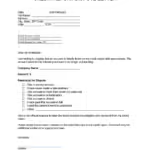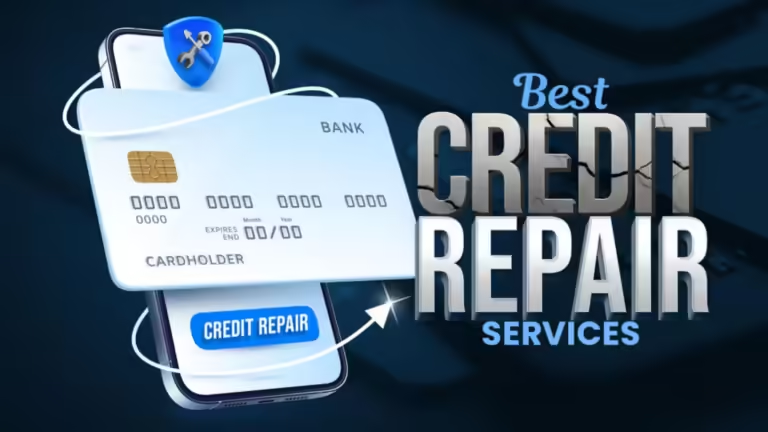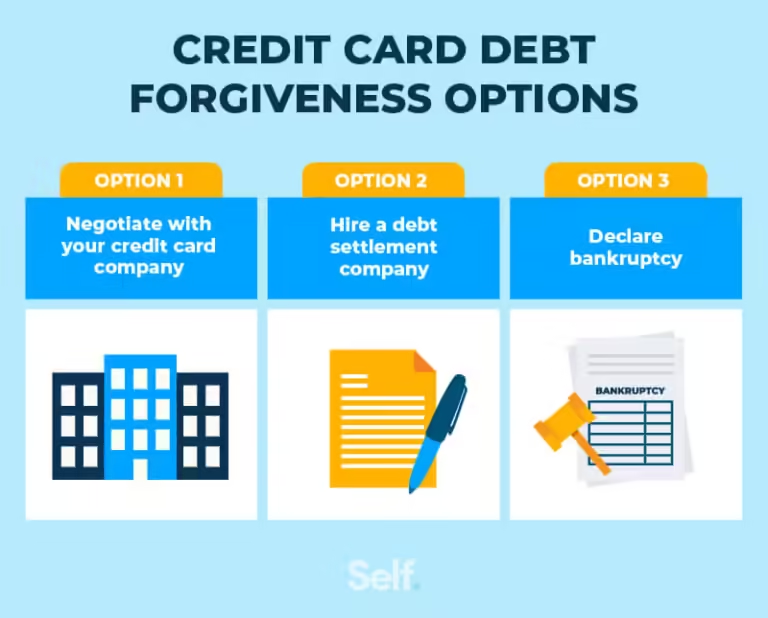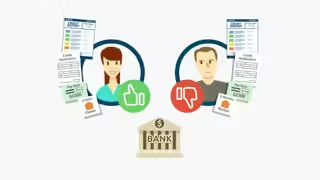Best Credit Card Tips for Students
Best Credit Card Tips for Students: Always pay your balance on time and avoid maxing out your credit limit. Credit cards can help students build their credit history and manage expenses.
Choosing the right card is essential. Look for cards with low interest rates and no annual fees. Rewards programs and cashback offers can be beneficial. Always monitor your spending and keep your balance low. Regularly check your credit report for errors.
Responsible usage helps build a strong credit score. Avoid making late payments to prevent penalties. Understand the terms and conditions before applying. Credit cards are powerful financial tools when used wisely. Stay informed and make smart financial decisions to secure a healthy financial future.
Choosing The Right Card
Choosing the right credit card is crucial for students. It helps in building credit history and managing finances responsibly. Here, we’ll explore the different types of student credit cards and the key features to look for.
Credit Card Tips for College Students
Types Of Student Credit Cards
There are several types of student credit cards. Each offers unique benefits:
- Secured Credit Cards: These require a cash deposit as collateral.
- Unsecured Credit Cards: These do not need a deposit and often have rewards.
- Store Credit Cards: These are linked to specific retail stores.
Understanding the types of cards can help you choose the best one for your needs.
Key Features To Look For
When selecting a student credit card, consider these key features:
| Feature | Description |
|---|---|
| Low Interest Rates | Look for cards with low APR to save on interest. |
| No Annual Fee | Choose cards with no annual fees to avoid extra costs. |
| Rewards Programs | Find cards that offer points, cashback, or other rewards. |
| Credit Limit | Select cards with a reasonable credit limit for students. |
These features can make a significant difference in your financial management.
Building Credit
Building credit as a student is crucial for future financial health. Having good credit opens many doors. It helps with getting loans, renting apartments, and securing jobs. Let’s dive into the steps to build credit responsibly.
Importance Of Credit History
A good credit history shows lenders you are trustworthy. It reflects your ability to manage borrowed money. Good credit can lead to lower interest rates on loans. This means you pay less money in the long run. Building credit early helps you in the future.
How To Build Credit Responsibly
Building credit responsibly means making smart financial choices. Here are some tips to help you:
- Get a Student Credit Card: Many banks offer cards designed for students. These cards often have lower credit limits. This helps you avoid spending too much.
- Pay Your Bills on Time: Always pay your credit card bill by the due date. Late payments can hurt your credit score.
- Keep Balances Low: Try to use less than 30% of your credit limit. This shows you are not overspending.
- Avoid Multiple Credit Applications: Each application can lower your credit score. Apply for credit only when needed.
- Monitor Your Credit Report: Check your credit report regularly. This helps you spot errors and correct them quickly.
| Tip | Reason |
|---|---|
| Get a Student Credit Card | Helps you start building credit with lower risk. |
| Pay Your Bills on Time | Timely payments boost your credit score. |
| Keep Balances Low | Maintains a healthy credit utilization rate. |
| Avoid Multiple Credit Applications | Prevents unnecessary hits to your credit score. |
| Monitor Your Credit Report | Ensures your credit history is accurate. |
By following these tips, you can build a strong credit history. This will set you up for a bright financial future.
Managing Expenses
Managing expenses as a student can be challenging. Credit cards can help, but only if used wisely. Here are some best tips to manage your expenses effectively.
Budgeting Tips
Creating a budget is the first step to managing your expenses. List all your income sources. This could be from part-time jobs, allowances, or scholarships.
Next, list your fixed expenses. This includes rent, utilities, and subscriptions. Add your variable expenses, like groceries, entertainment, and transportation.
Use a simple table to track your budget:
| Income | Amount |
|---|---|
| Part-time Job | $500 |
| Allowance | $200 |
| Expenses | Amount |
| Rent | $300 |
| Utilities | $50 |
| Groceries | $100 |
Ensure your expenses don’t exceed your income. Adjust your spending if needed.
Tracking Your Spending
Tracking your spending helps you stay within your budget. Use apps to keep an eye on your expenses. Many banks offer mobile apps with spending trackers.
Here are some tips for tracking spending:
- Keep all your receipts.
- Review your credit card statements weekly.
- Set alerts for spending limits.
Track your expenses daily. This will help you avoid overspending.
Understanding Interest Rates
Interest rates determine how much you pay for borrowing money. Knowing about interest rates can save you a lot of money. This section will help you understand the basics.
Apr Explained
APR stands for Annual Percentage Rate. It shows the yearly cost of borrowing money. APR includes interest rates and fees.
Look at the APR to understand the total cost of a credit card. A lower APR means you will pay less over time. Always compare APRs before choosing a credit card.
| Type of Card | Typical APR Range |
|---|---|
| Student Credit Cards | 12% – 24% |
| Standard Credit Cards | 15% – 25% |
| Reward Credit Cards | 18% – 26% |
Avoiding High Interest Charges
High interest charges can increase your debt quickly. Here are some tips to avoid them:
- Pay your balance in full each month.
- Make payments on time to avoid late fees.
- Use a low-interest card for large purchases.
Consider setting up automatic payments. This helps you avoid missing payment deadlines. Staying within your credit limit also helps you avoid extra fees.
Using Rewards Wisely
Students can make the most of credit cards by using rewards wisely. By understanding the different types of rewards and how to maximize their benefits, students can save money and earn valuable perks. This section will guide you on how to make the most of your credit card rewards.
Types Of Rewards
Credit cards offer different types of rewards. Understanding each can help you choose the best card.
- Cashback: Earn a percentage of your purchases back as cash.
- Points: Accumulate points to redeem for various items or services.
- Miles: Gather miles to use towards travel expenses.
Maximizing Benefits
Maximizing your credit card benefits is crucial. Follow these tips to get the most out of your rewards.
- Use your card for everyday purchases: Groceries, gas, and dining can add up.
- Pay your balance in full: Avoid interest charges to keep your rewards valuable.
- Monitor reward categories: Some cards offer higher rewards for specific categories each month.
- Combine rewards with discounts: Use your card’s rewards alongside store sales and coupons.
By using these strategies, students can make the most of their credit card rewards. Remember to use your rewards wisely and always pay your balance on time.
Avoiding Common Pitfalls
Credit cards can be a lifesaver for students. They offer convenience and help build credit history. But they also come with pitfalls. Avoiding common pitfalls is key to staying financially healthy.
Late Payments
Late payments can damage your credit score. They also lead to hefty fees. Here are a few tips to avoid late payments:
- Set up automatic payments
- Mark due dates on your calendar
- Pay your bill as soon as you receive it
Automatic payments ensure you never miss a due date. Marking your calendar helps remind you of upcoming payments. Paying your bill as soon as possible keeps you ahead of schedule.
Over-limit Fees
Spending beyond your credit limit incurs over-limit fees. These fees can add up quickly. Follow these tips to avoid over-limit fees:
- Know your credit limit
- Track your spending
- Set up alerts for nearing your limit
Keep track of your credit limit and spending. Set up alerts to notify you when you’re close to your limit. This helps you stay within your spending boundaries.
| Tip | Action |
|---|---|
| Set up automatic payments | Ensure timely payments |
| Know your credit limit | Avoid over-limit fees |
Following these tips will help you avoid common pitfalls. Stay informed and manage your credit wisely.
Safety And Security
As a student, managing your first credit card can be daunting. Ensuring your credit card safety and security is essential. This section will provide crucial tips to protect your information and handle fraud effectively.
Protecting Your Information
Keeping your credit card information safe starts with smart habits. Always keep your card in a secure place. Avoid sharing your card details with anyone. Use strong passwords for your online accounts. Change them regularly to ensure security.
Be cautious with public Wi-Fi networks. Avoid using them for online transactions. Enable two-factor authentication on your banking apps. This adds an extra layer of protection.
Regularly monitor your credit card statements. Look for any unauthorized transactions. Early detection can prevent significant losses. Set up alerts on your phone to notify you of any charges.
Handling Fraud
If you suspect fraud, act immediately. Contact your credit card issuer. They can freeze your account to prevent further unauthorized charges. Report the fraud to the credit bureaus as well.
Always keep a record of your communications. Note down the dates, times, and details. This will help in case you need to follow up later.
Consider signing up for a credit monitoring service. These services alert you to any suspicious activity. They provide an added layer of protection.
Here is a quick checklist to handle fraud effectively:
- Contact your credit card issuer immediately.
- Report the fraud to credit bureaus.
- Keep records of all communications.
- Consider a credit monitoring service.
| Action | Description |
|---|---|
| Contact Issuer | Freeze your account to prevent further charges. |
| Report Fraud | Inform credit bureaus about the incident. |
| Keep Records | Maintain details of all communications. |
| Monitoring Service | Sign up for alerts on suspicious activity. |
Paying Off Debt
Paying off debt is crucial for students with credit cards. It helps maintain a good credit score. It also reduces financial stress. Here are some effective strategies for repayment and consolidation options.
Strategies For Repayment
Students need to adopt smart repayment strategies. This can help manage debt effectively. Here are some tips:
- Pay more than the minimum: Always aim to pay more than the minimum due. This reduces the principal amount faster.
- Set up automatic payments: Automate your payments to avoid missing due dates.
- Use windfalls wisely: Apply any extra money, like gifts or bonuses, towards your debt.
- Prioritize high-interest debts: Pay off cards with the highest interest rates first.
Consolidation Options
Consolidation can simplify your payments. It can also lower your interest rates. Here are some consolidation options for students:
- Balance transfer credit cards: These cards offer low or zero interest on transferred balances. Look for promotional periods.
- Personal loans: Take a personal loan to pay off multiple credit cards. This can offer a lower interest rate.
- Debt management plans: Work with a credit counseling agency. They can help create a repayment plan.
| Repayment Strategy | Benefit |
|---|---|
| Pay more than the minimum | Reduces principal faster |
| Set up automatic payments | Avoids missed payments |
| Use windfalls wisely | Reduces debt quickly |
| Prioritize high-interest debts | Saves on interest |
Frequently Asked Questions
What Are The Best Credit Cards For Students?
Student credit cards often offer low interest rates and rewards. Look for cards with no annual fees, and those that provide cash back or reward points.
How Can Students Build Credit With A Credit Card?
Students can build credit by using their card responsibly. Pay the full balance on time each month and keep the credit utilization low.
Are There Credit Cards With Rewards For Students?
Yes, many student credit cards offer rewards. Look for cards that provide cash back, points, or travel rewards tailored for student spending.
What Should Students Avoid With Credit Cards?
Students should avoid carrying a high balance and making late payments. Also, avoid applying for multiple cards in a short time.
Conclusion
Mastering credit card use as a student is crucial. It helps build a strong financial foundation. Always pay on time and keep balances low. Use rewards and cashback wisely. By following these tips, you can avoid debt and boost your credit score.
Start smart financial habits now for a secure future.








